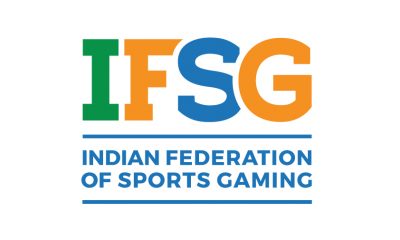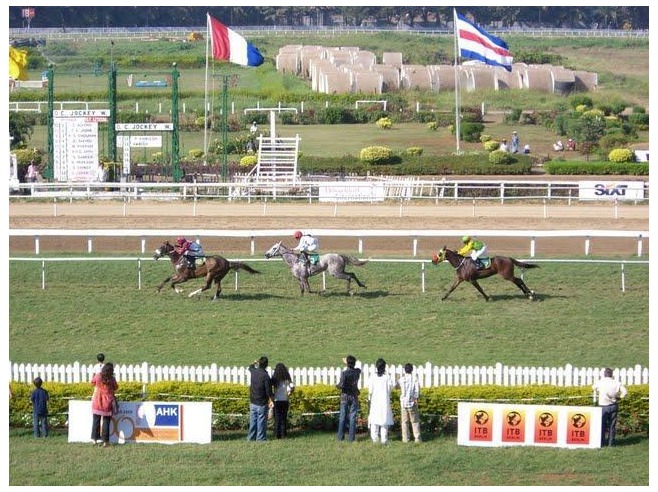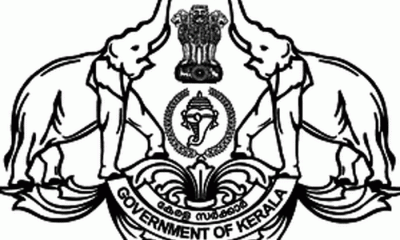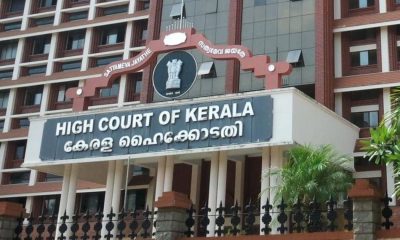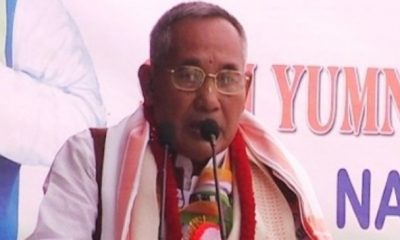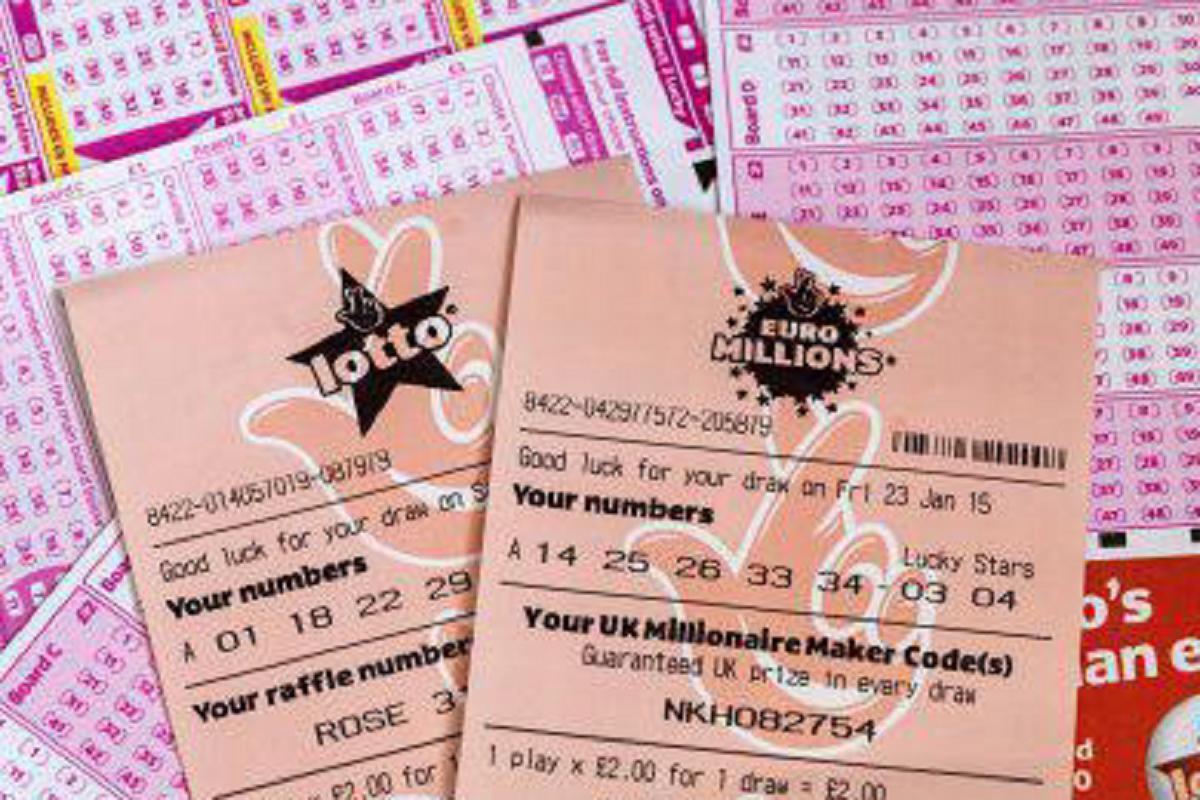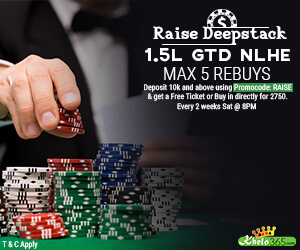Business
Government likely to set 28% GST rate for lottery tickets
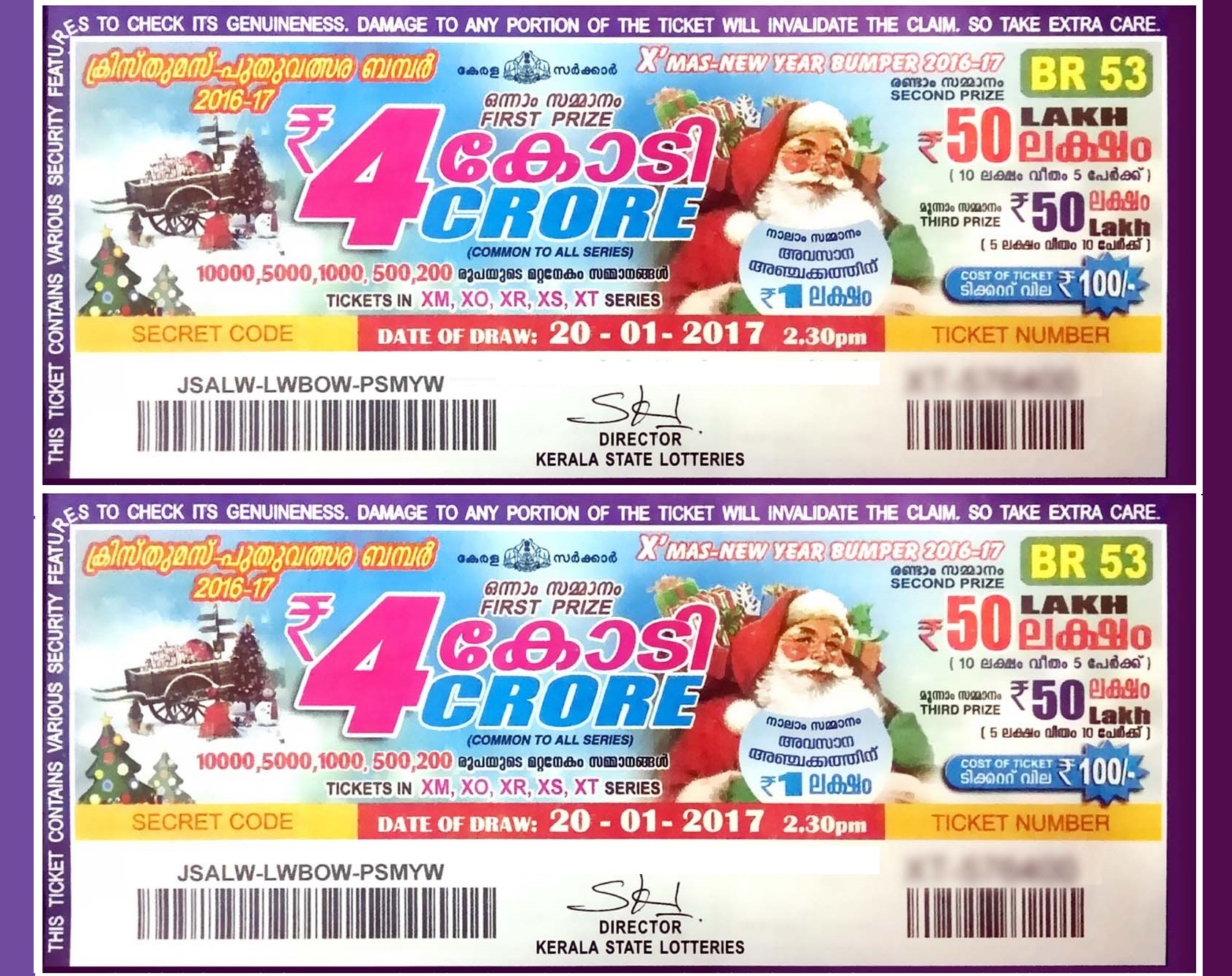
It seems that the central government has made up its mind to put lotteries in the highest GST slab of 28 per cent, as per a recent report in the Economic Times.
The report quotes sources as saying that both lotteries and gambling would be kept in the highest tax bracket. The model law for GST passed by the Parliament places actionable claim (Supreme Court judgments have stated that lottery tickets are actionable claims) in the category of ‘goods’ and not ‘services’, making it likely that the highest rate of tax will apply to lottery tickets.
Earlier, Revenue Secretary Hasmukh Adhia had indicated that gambling and betting would be taxed at a rate higher than 18 per cent.
GST rate of either 12 per cent or 18 per cent would be applicable on services, while some categories of demerit goods are likely to face a GST rate of 28 per cent or more. It is also understood that the central government is likely to charge GST on the ‘face value’ of lottery tickets and not on the operators margin, as per the report.
The fitment of goods and services into different categories of rates is likely to be finalised in the GST Council meeting in Srinagar on 18-19th May.
Most private lottery operators however have opposed the move to include lotteries in the highest GST rate and the proposal to charge GST on the face value of lottery tickets.
However, Kerala Finance Minister Thomas Issac has supported the move to levy a higher GST rate, saying that private lottery operators do not conform to the Lotteries (Regulation) Act, 1998 and Rules framed thereunder.
“A higher tax regime would drive these people out of business. I am prepared to lose some revenue because of higher GST slab on lotteries. It will eliminate a big law-and-order problem around lotteries in our country” he added.
Incidentally, the Comptroller and Auditor General of India (CAG) in its recent performance audit of lotteries operated by the Mizoram government and report on the Nagaland government finances has severely indicted private companies for defrauding customers and the state governments.
The CAG reports indicate that some private companies have collectively not deposited dues worth over Rs. 26,000 crores to the Mizoram and Nagaland governments.
The scathing reports, unsparing in their criticism of lotteries operated by these companies, further point out the possibility of rigging or manipulation of the winning numbers by private companies, flagrant violations of the Lotteries (Regulation) Act and Rules, vulnerability of computer systems of the private operators conducting lotteries and rampant tax evasion.
It is possible that the central government has taken cognisance of these CAG reports and decided to impose a higher GST rate on lottery tickets, to discourage the appointment of private companies as lottery agents and distributors.





